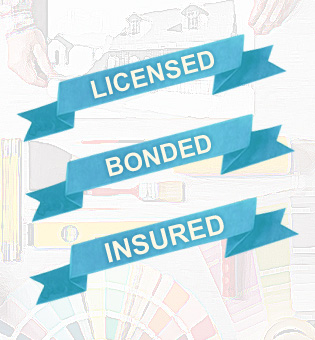Since Louisiana is under sea level, constant flooding is a major factor that homeowners have to take into account when purchasing, building, or rebuilding their homes. Home lifting, which is the process of having your home lifted from its original foundation and placed upon an elevated structure, has become quite popular in the state of Louisiana over the past decade or so because of this.
After several devastating hurricanes and tropical storms wreaked havoc in the greater New Orleans region and its surrounding areas, lifted homes started becoming more commonplace. The overwhelming flooding from these natural disasters caused more damage than most homes could bear. For most homeowners, moving somewhere else was not an option. They chose to rebuild and repair their homes because they simply didn’t have the means to uproot their lives and start over again somewhere else. Home lifting was a more practical choice for them in terms of time, money, and overall well-being.
So, what benefits does home lifting provide you and your home with? For one, it ensures that your home will have a better chance of being better protected against flooding. Since home lifting involves raising the home onto an elevated surface, the chances of your home flooding are drastically decreased. Home lifting also adds extra space underneath your home, and there are a few options for how that space can be utilized. You can add a whole extra story, add head room to a basement or crawlspace, add a downstairs patio, transform it into a car garage or storage unit, or leave it completely open. Choosing to lift your home can also cut your flood insurance premiums significantly. Since your home is no longer at risk for major flood damage, the amount you have to pay for flood coverage is reduced.
Home lifting can be a lengthy and expensive procedure, but for those who live in flood-prone areas and choose to keep living there, it is a worthy investment. Louisiana is a very special place to a lot of special people, and home lifting provides a safer alternative to allow those people to remain in the areas they call home.


